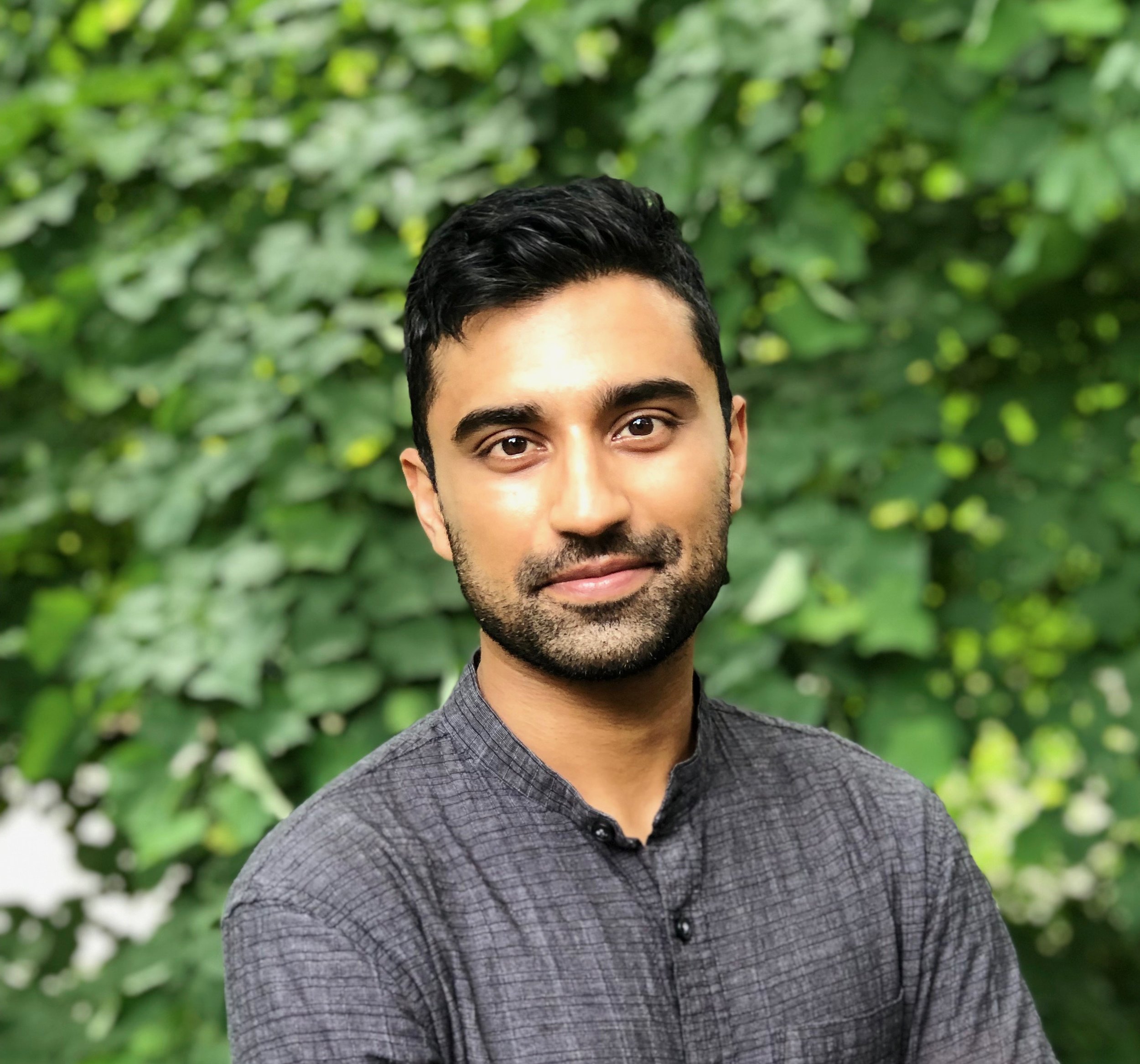About
Welcome! I am an Assistant Professor of Government at Wesleyan University.
My research interests are in political theory and the history of political thought, with specializations in democratic theory, histories and theories of social oppression, the intersections of South Asian, Afro-modern, and American political thought, and the relationship between empirical social science and political theory.
I received my Ph.D. in Political Science from Yale University in 2019 and hold a B.A. in Political Science and English from Williams College. Prior to starting at Wesleyan, I was a College Fellow in Social Studies at Harvard University.
Book Project
Directed Association: Social Oppression, State Action, and the Pursuit of Radical Democracy (under contract with Harvard University Press)
My book project, based on my dissertation research, draws insights from John Dewey, B.R. Ambedkar, and Brown v. Board of Education in order to offer an original account of the compatibility of coercive state action with a radical vision of democracy. Through new readings of three seminal figures, I articulate and defend what I call directed association: the idea that socially-oppressed groups can utilize the instruments of the state in order to create the conditions for democracy understood not just as a form of government but as ‘associated life.’
The project also sheds light on the transnational circulation of political ideas in the twentieth century, particularly between India and the United States, by uncovering heretofore overlooked historical linkages between Dewey, Ambedkar, and Brown. In particular, my analyses of Dewey’s influence on Ambedkar and of sociological perspectives analogizing race and caste on Brown lead to significantly revised understandings of these figures.

Other Research and Writing
Please contact me if you are interested in learning more about any of the articles, essays, or works in progress listed below.
Peer-Reviewed Publications
“B.R. Ambedkar on Caste, Democracy, and State Action,” Political Theory, Vol. 50, No. 5 (October 2022), 723-753. [Online First: February 2022]
“India, Racial Caste, and Abolition in Charles Sumner’s Political Thought,” Modern Intellectual History, Vol. 19, No. 3 (September 2022), 708-733. [First View: February 2021]
“The Politics of Peoples in Rabindranath Tagore and W.E.B. Du Bois,” History of the Present Vol. 9, No. 2 (2019): 166-192.
Commentary
Postcolonial Politics (review of Mahmood Mamdani’s Neither Settler Nor Native, Boston Review, March 2021)
Caste, Race, and Class (review of Isabel Wilkerson’s Caste: The Origins of Our Discontents, Dissent, Winter 2021)
Teaching
Three main ideas guide my approach to the college classroom. First, I emphasize that political theory, as an “unapologetically mongrel sub-discipline” (Dryzek, Honig, and Phillips, The Oxford Handbook of Political Theory, 5), offers an array of conceptual tools that each student can use to address the political questions that are most important to them. Second, I insist that students in my class improve upon specific skills – namely: critical reading, verbal expression, persuasive writing, and the ability to analyze information from an interdisciplinary range of sources. Third, I cultivate a collaborative setting that relies on equality and the mutual exchange of ideas between students.
In Spring 2023, I will be teaching GOVT338: Global Modern Political Thought and GOVT395: Caste, Race, and Democracy.

